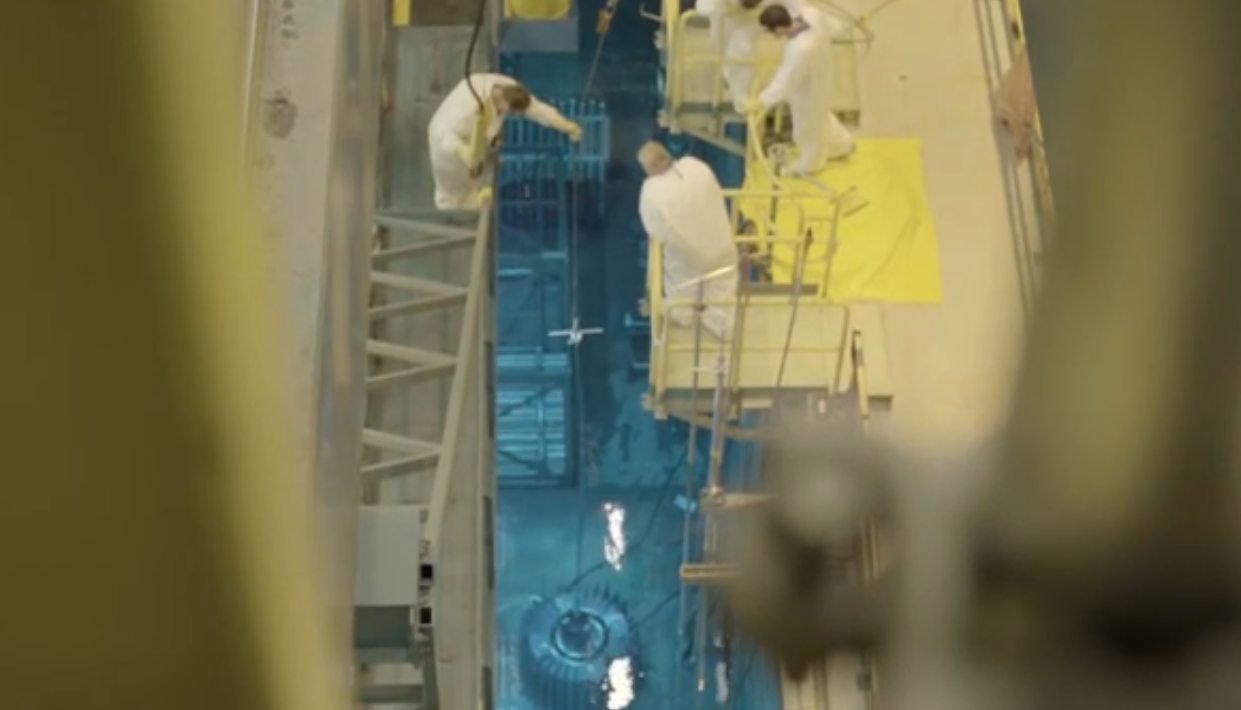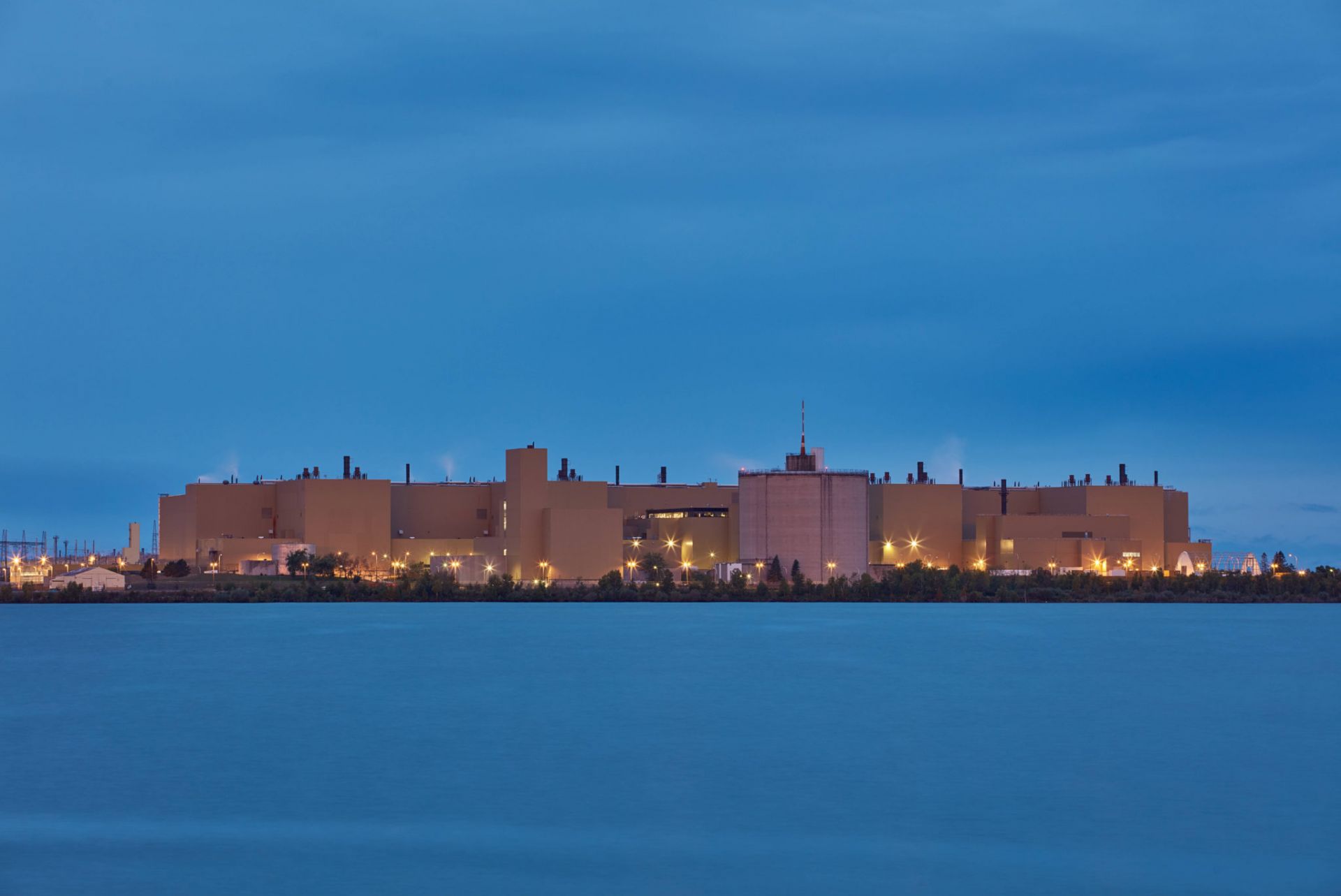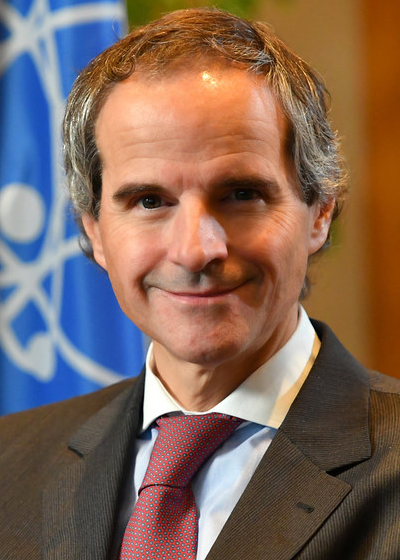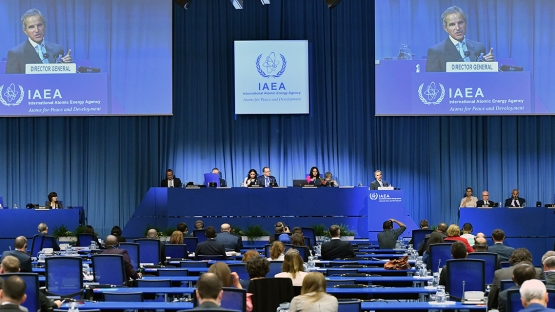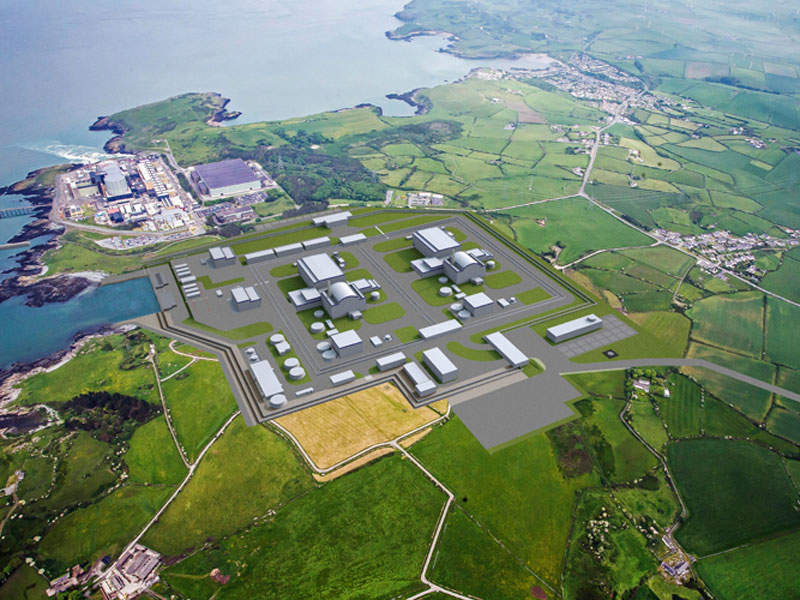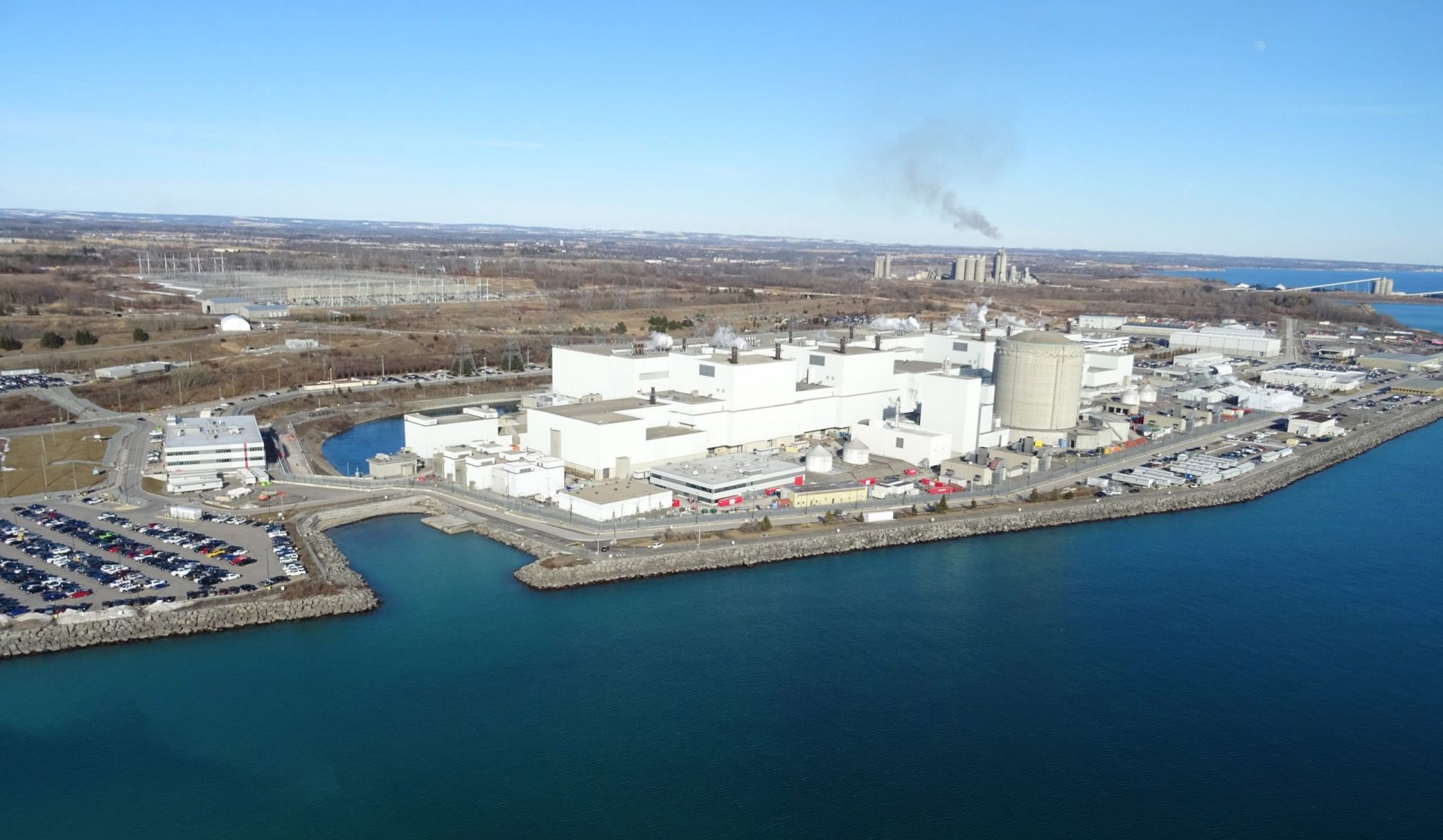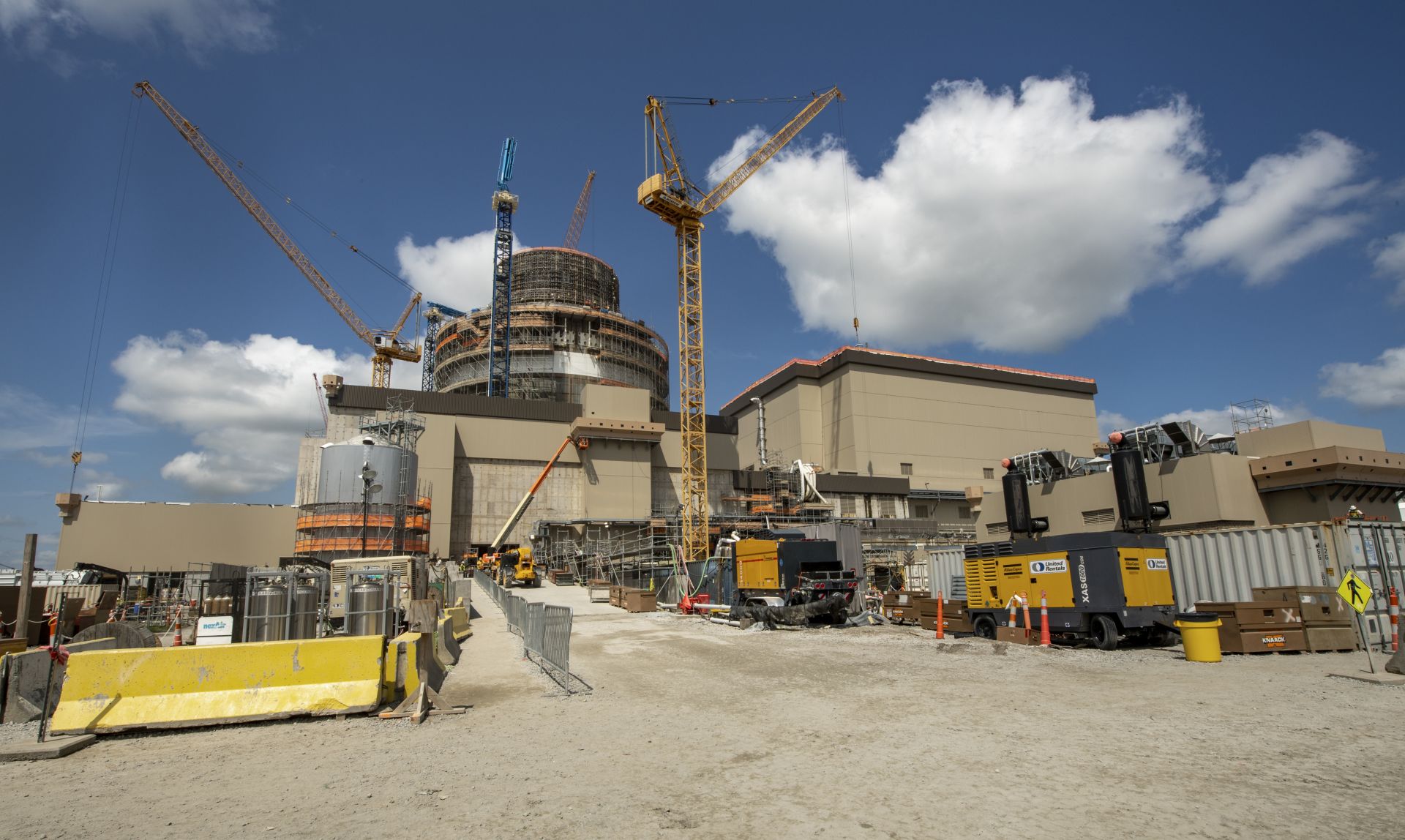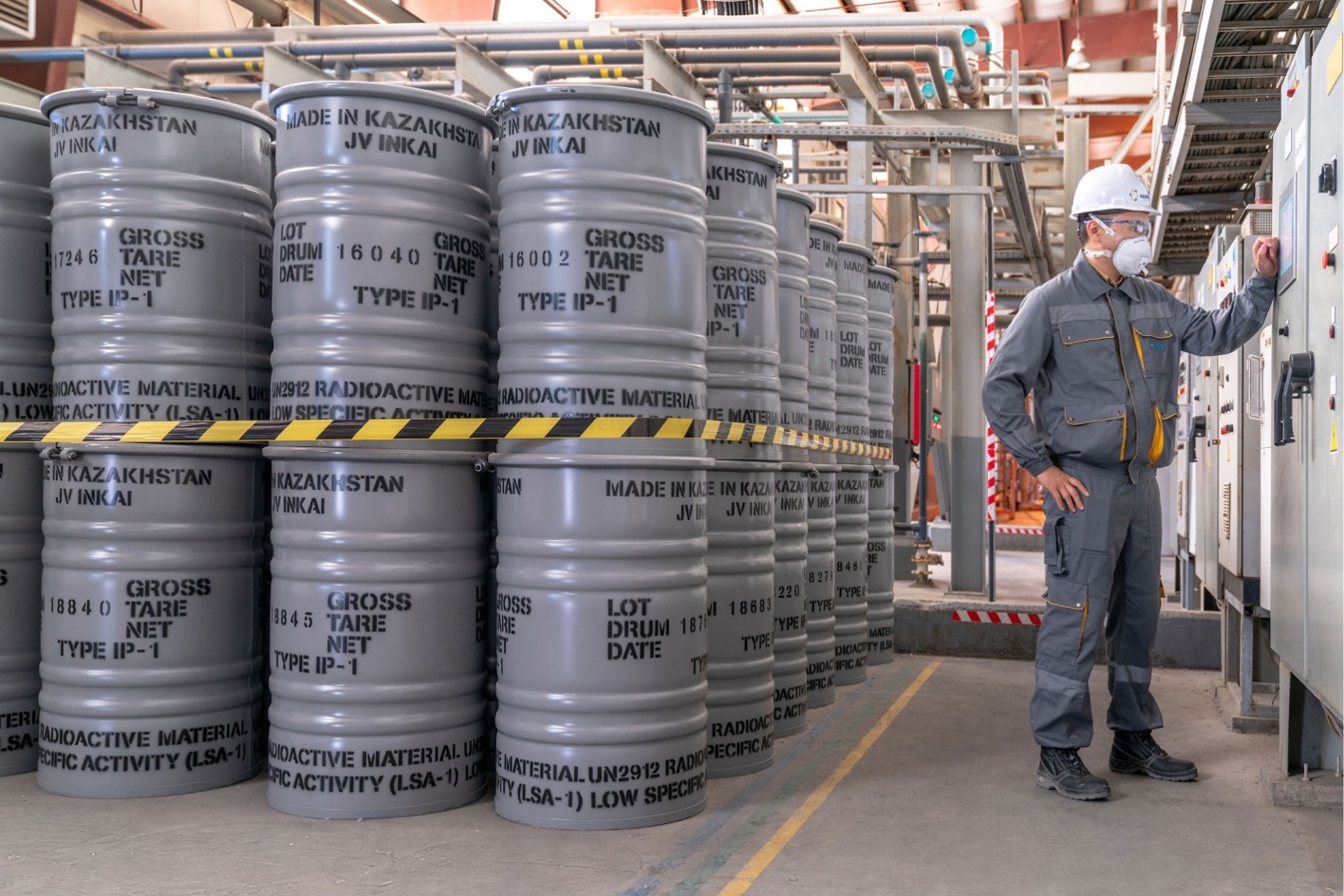COVID-19 wake-up call: Doomsday Clock remains at 100 seconds to midnight
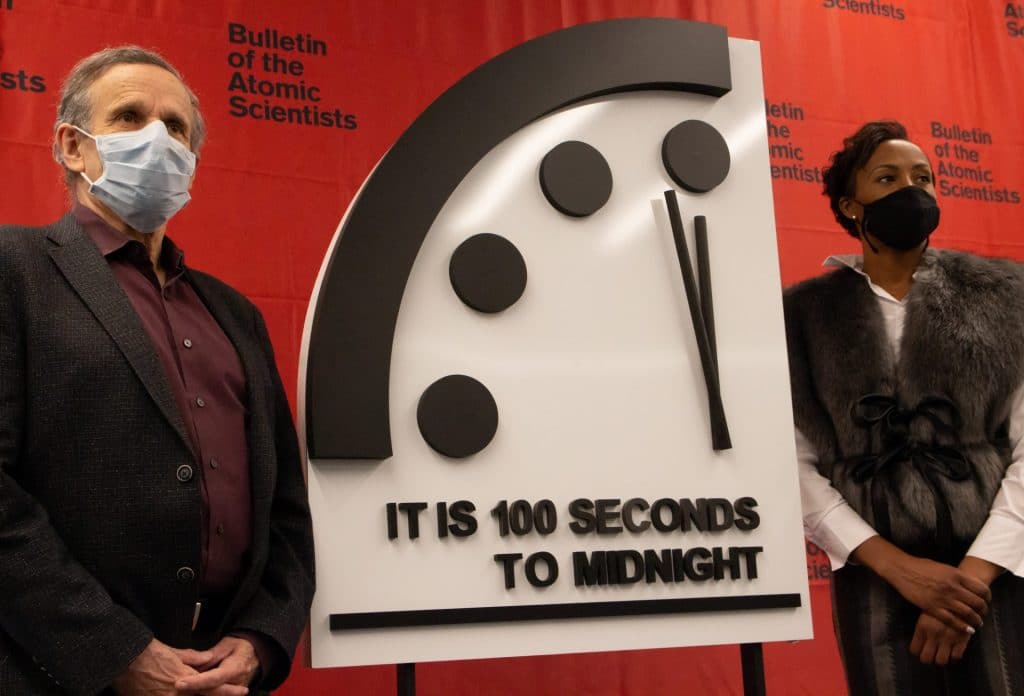
Bulletin members reveal the 2021 setting of the Doomsday Clock. Photo: Bulletin of the Atomic Scientists/Thomas Gaulkin
Citing the mishandling of the COVID-19 pandemic, the Bulletin of the Atomic Scientists’ Science and Security Board kept the Doomsday Clock at 100 seconds to midnight, remaining as near to midnight as it has ever been.
“The mishandling of this grave global health crisis is a ‘wake-up call’ that governments, institutions, and a misled public remain unprepared to handle the even greater threats posed by nuclear war and climate change,” a press release from the Bulletin stated. The group also cited a lack of progress in 2020 in dealing with nuclear and climate perils as the reason for not moving the Doomsday Clock from its 2020 position.


 The U.S. House of Representatives Committee on Science, Space, and Technology is leading a one-day social media campaign today to highlight the importance of leading with science and scientific solutions as the committee works to provide support for science and the scientific community. The “tweetstorm” will run from noon to 5 p.m. (EST) and will involve a variety of science-related organizations, including the American Nuclear Society.
The U.S. House of Representatives Committee on Science, Space, and Technology is leading a one-day social media campaign today to highlight the importance of leading with science and scientific solutions as the committee works to provide support for science and the scientific community. The “tweetstorm” will run from noon to 5 p.m. (EST) and will involve a variety of science-related organizations, including the American Nuclear Society.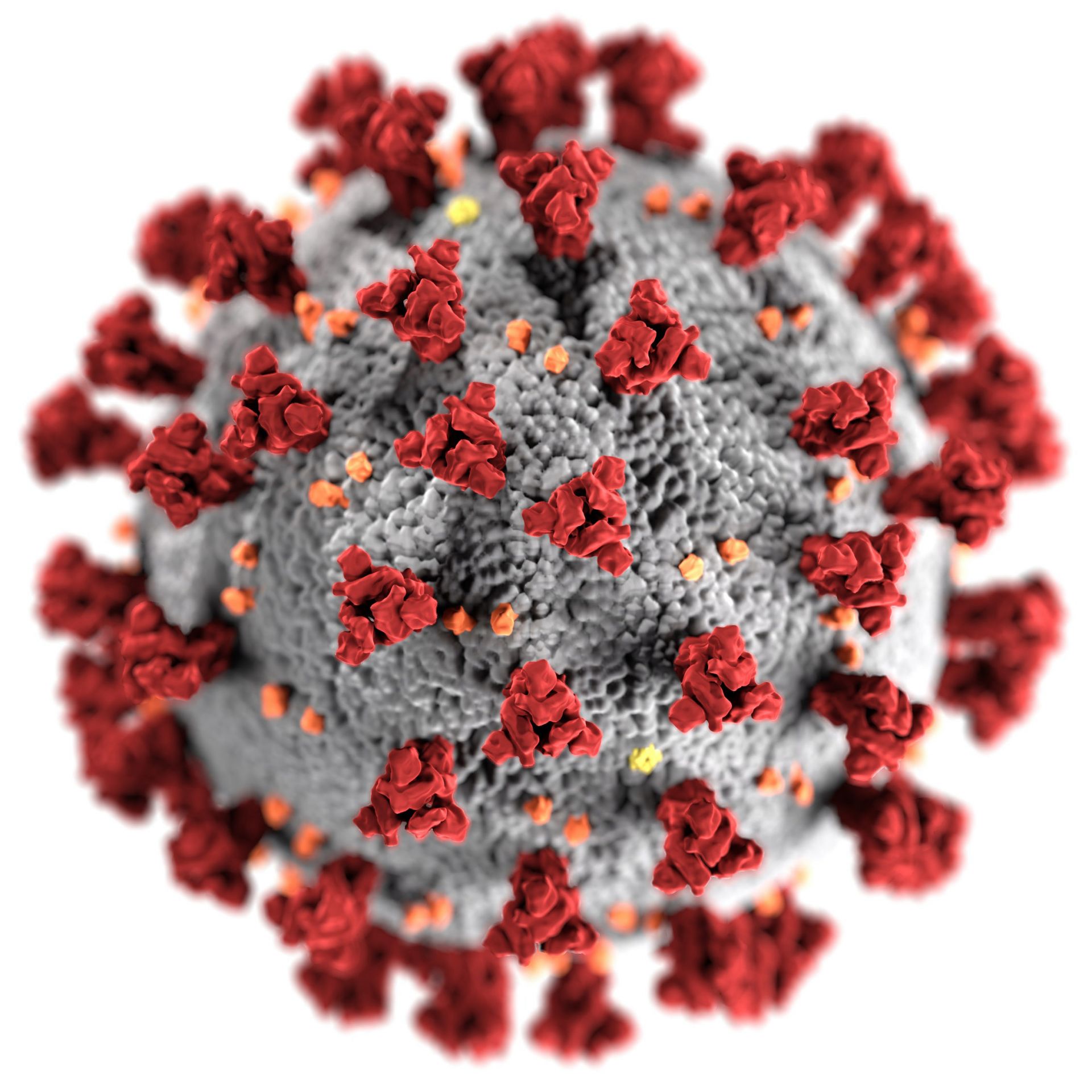 Five former chairmen of the U.S. Nuclear Regulatory Commission—Stephen Burns, Allison Macfarlane, Nils Diaz, Richard Meserve, and Dale Klein—
Five former chairmen of the U.S. Nuclear Regulatory Commission—Stephen Burns, Allison Macfarlane, Nils Diaz, Richard Meserve, and Dale Klein—
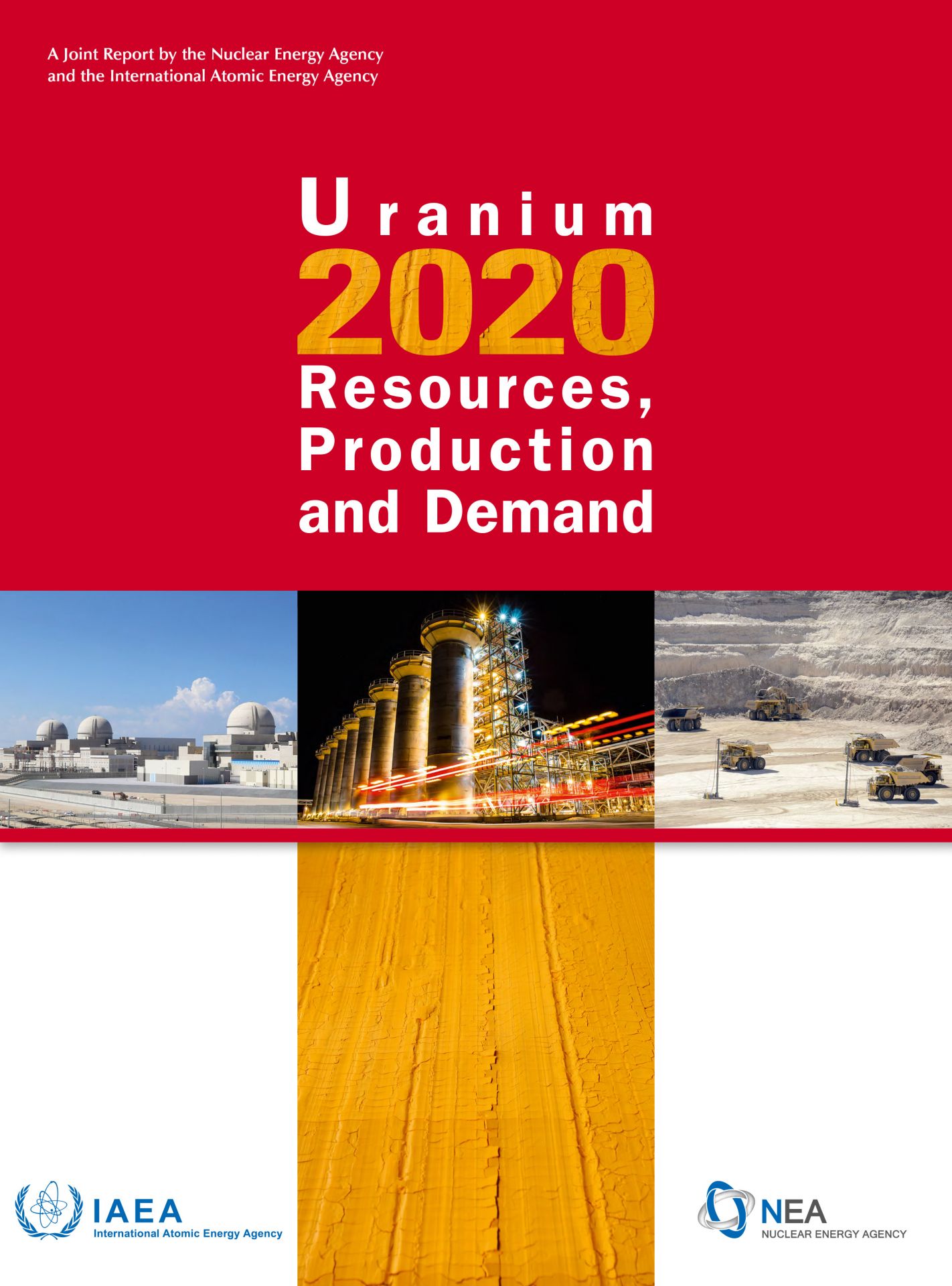 Adequate uranium resources exist to support the long-term, sustainable use of nuclear energy for low-carbon electricity generation, as well as for other applications, including hydrogen production. That assessment is contained in the latest (28th) edition of
Adequate uranium resources exist to support the long-term, sustainable use of nuclear energy for low-carbon electricity generation, as well as for other applications, including hydrogen production. That assessment is contained in the latest (28th) edition of 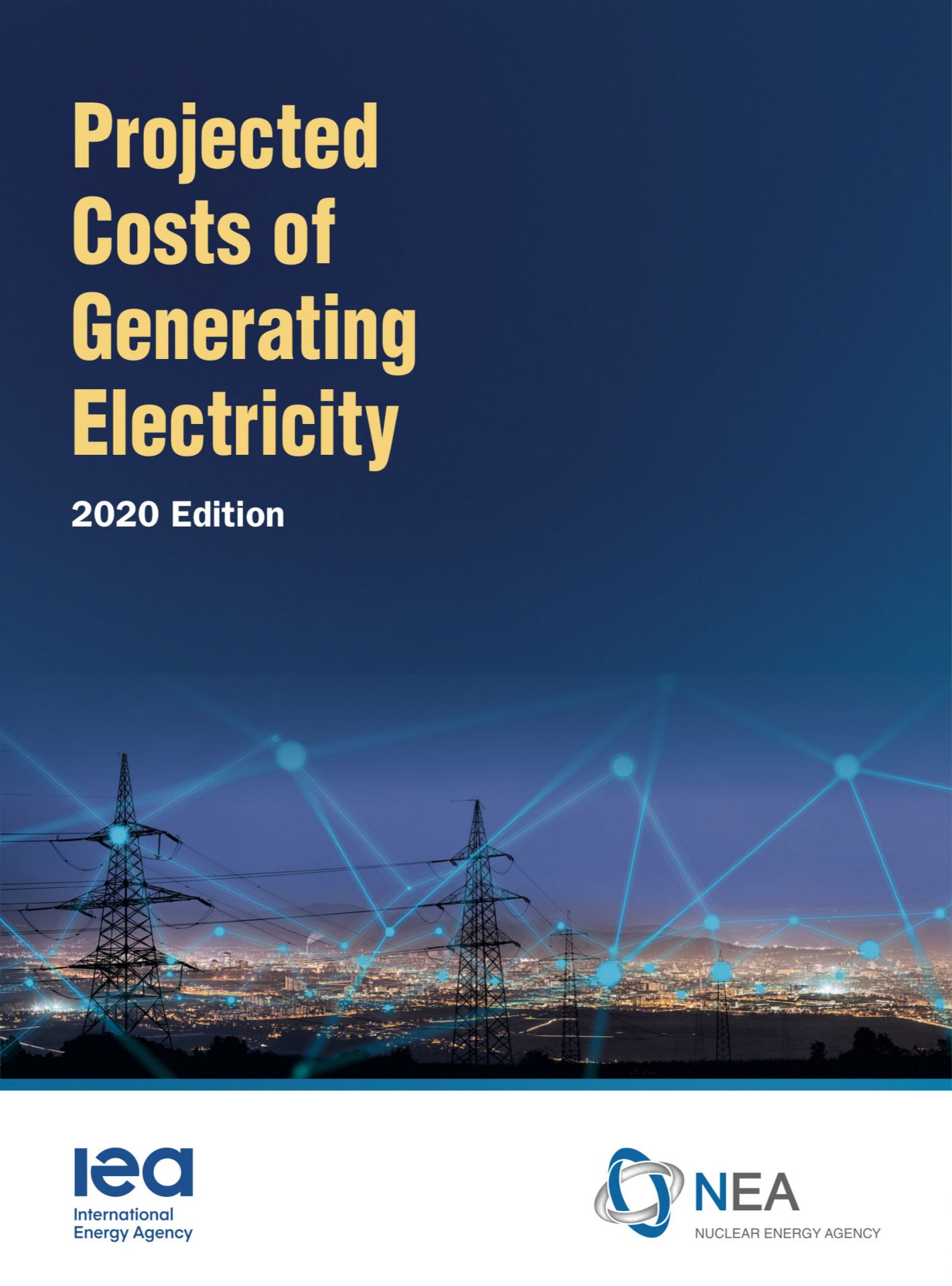 The levelized costs of electricity generation from low-carbon technologies, including nuclear, are dropping and are increasingly below that of conventional fossil fuel generation, concludes a new report from the International Energy Agency and the OECD Nuclear Energy Agency (NEA).
The levelized costs of electricity generation from low-carbon technologies, including nuclear, are dropping and are increasingly below that of conventional fossil fuel generation, concludes a new report from the International Energy Agency and the OECD Nuclear Energy Agency (NEA).